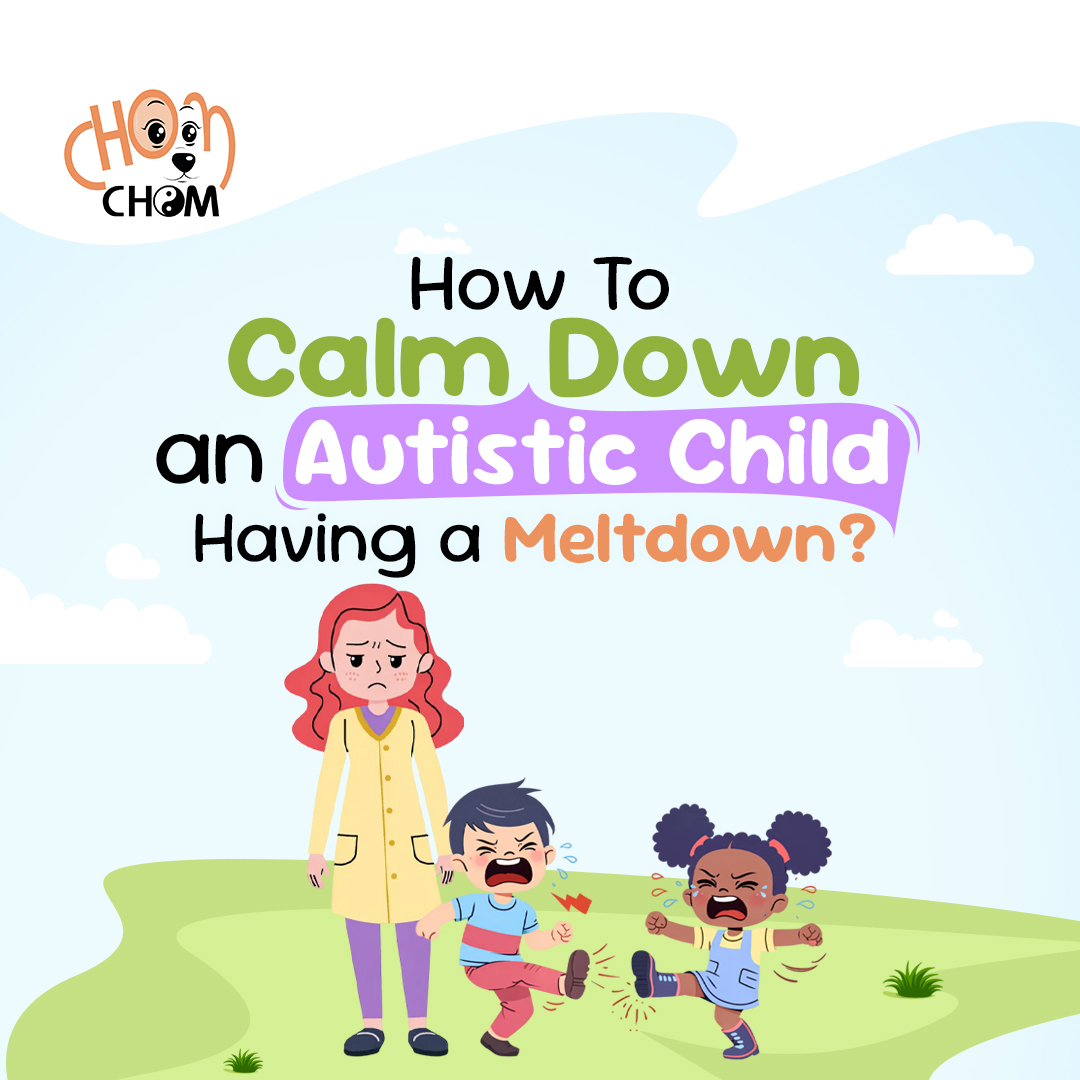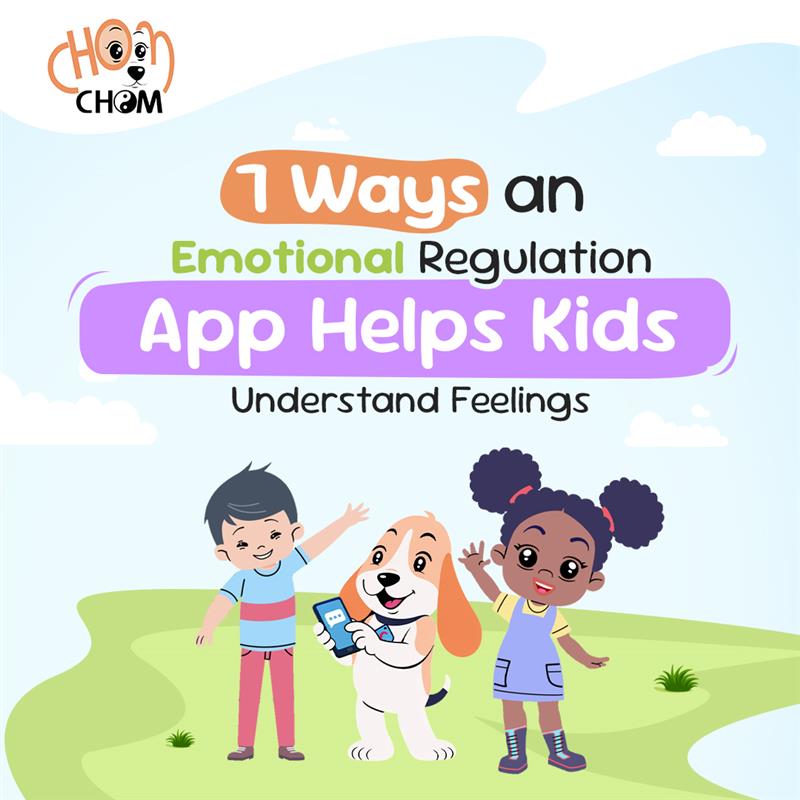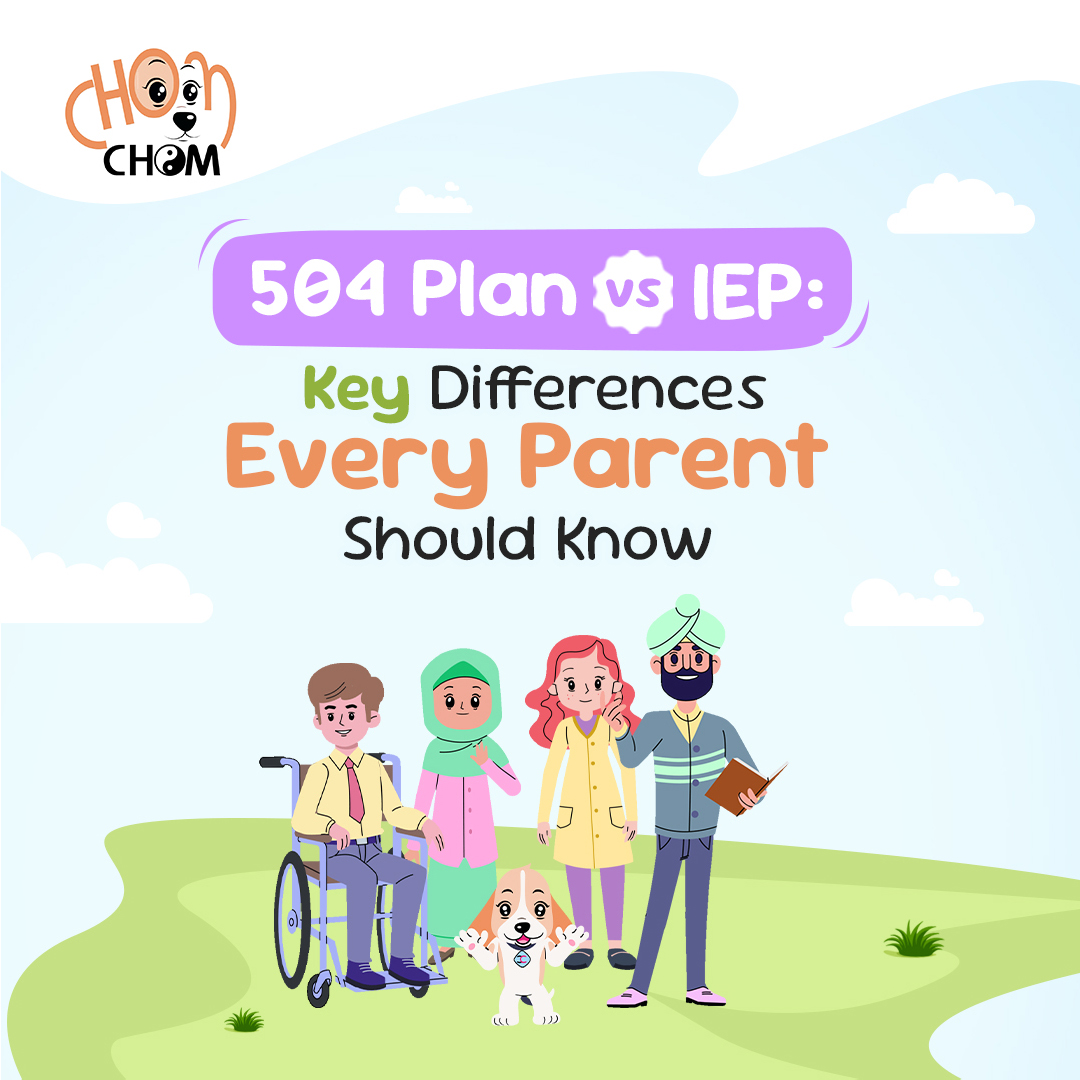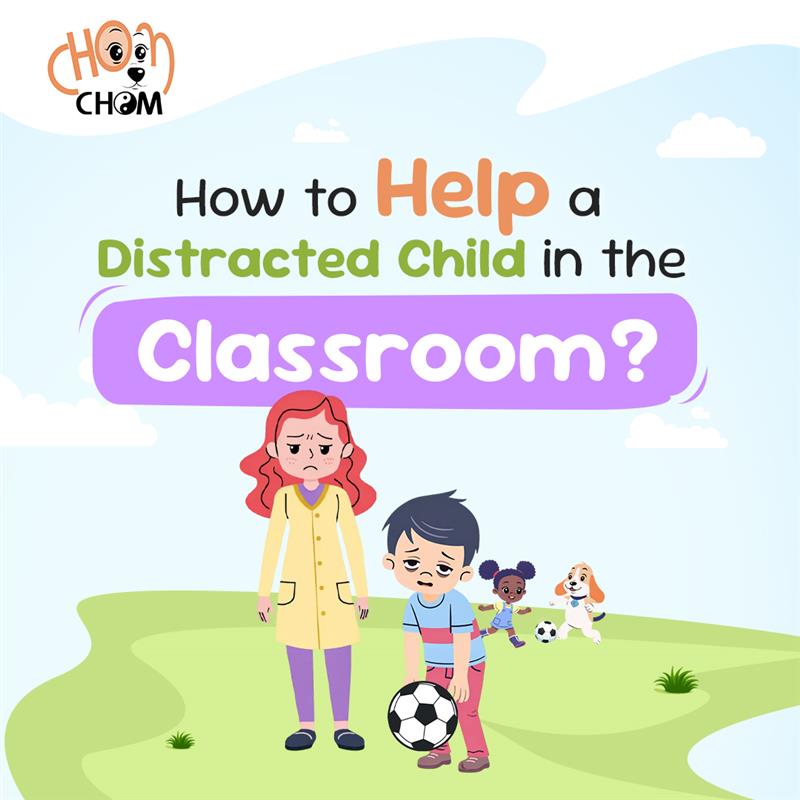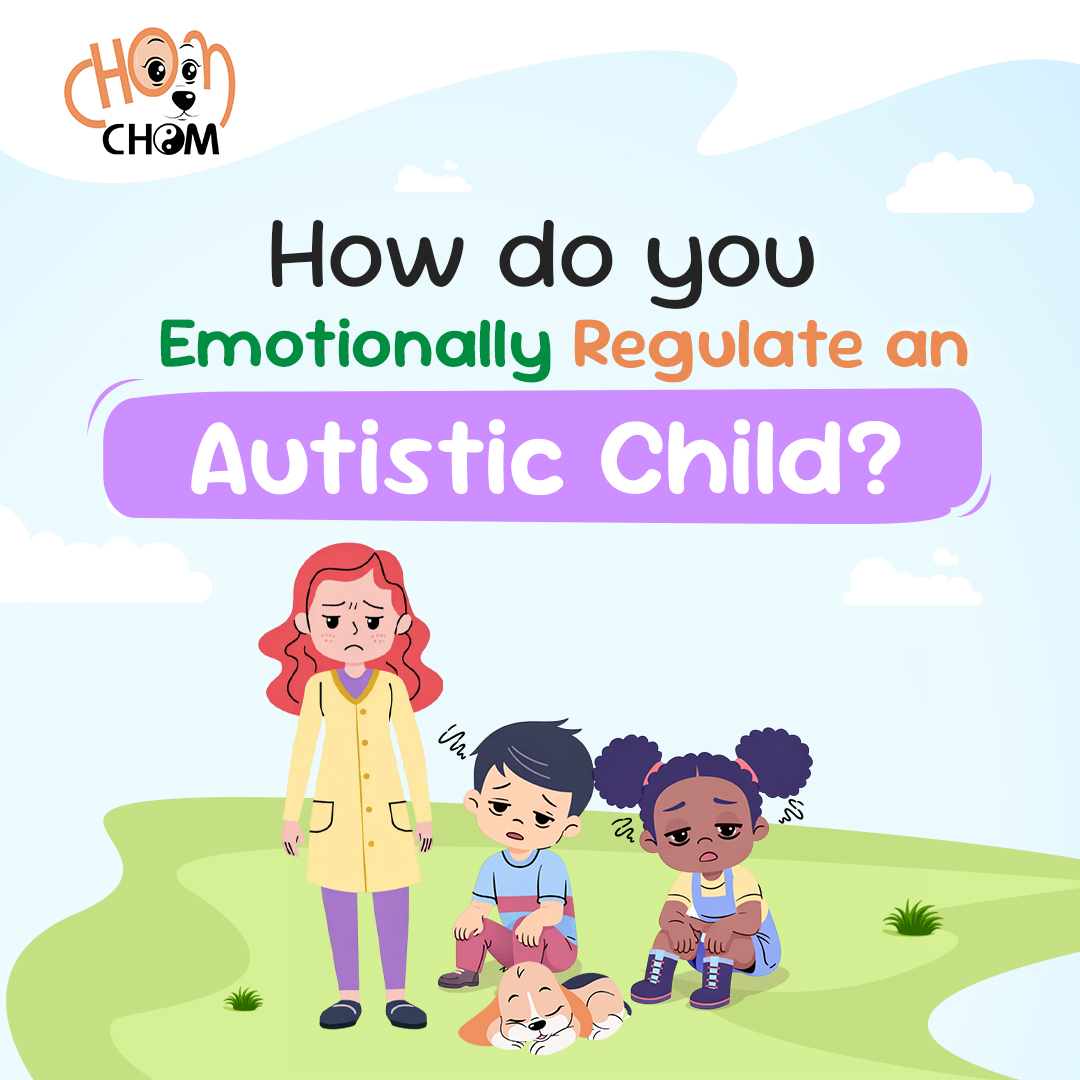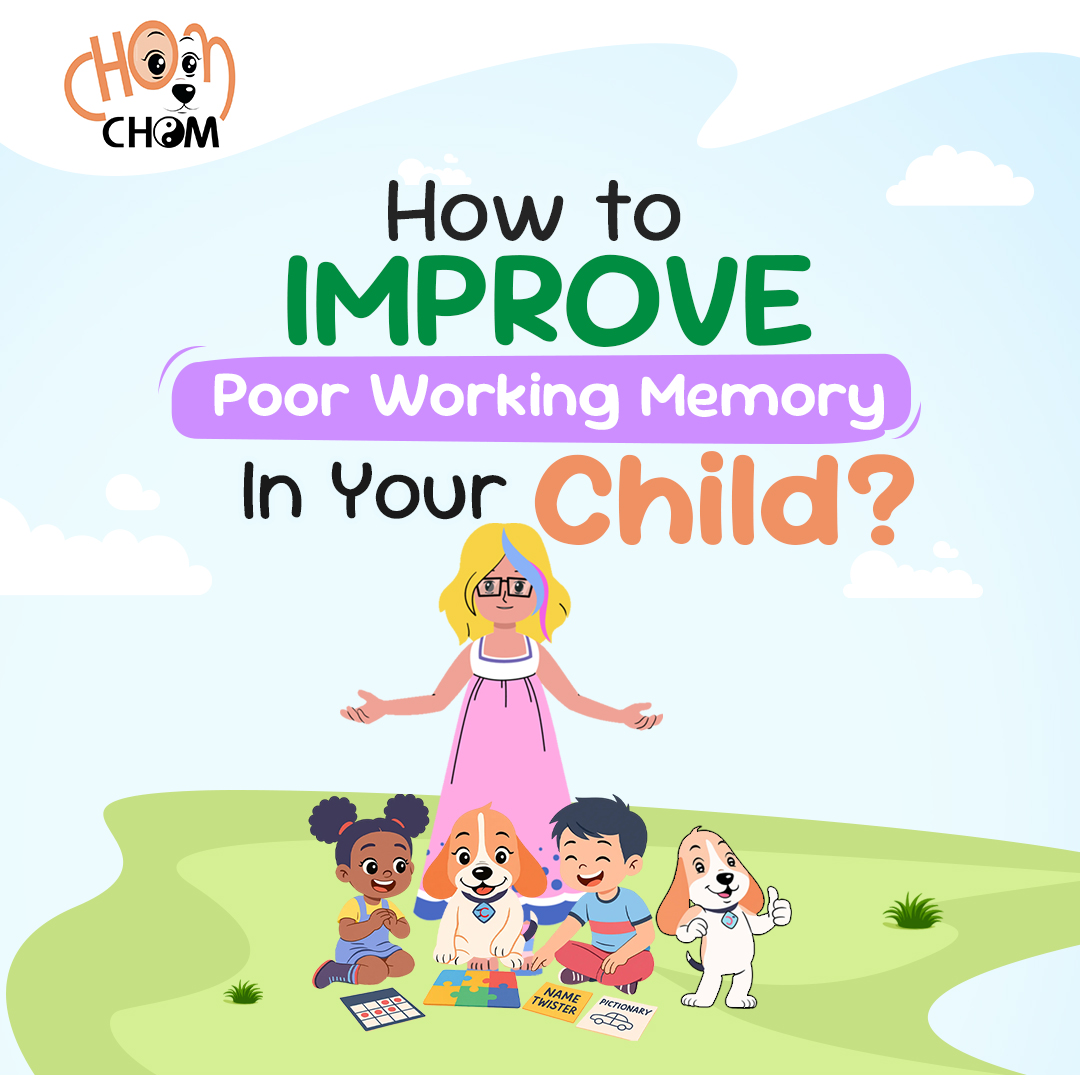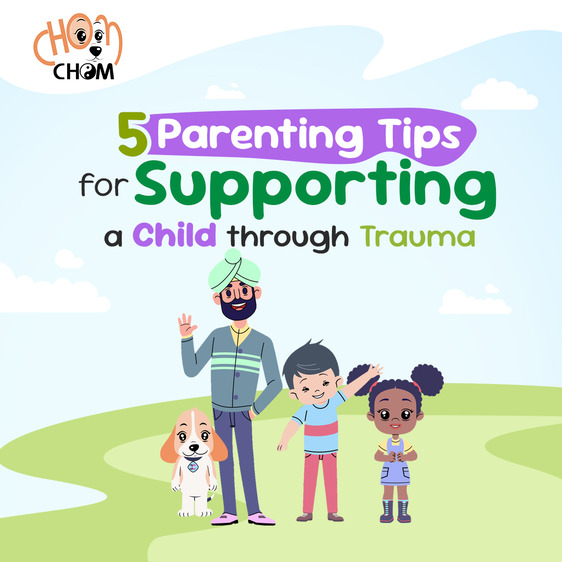
Is your child going through a loss, a distressing event, or other emotional hazards? If so, these situations can affect their emotional well-being.
Parenting is filled with multiple challenges. One of the most delicate parts of it is supporting your child to deal with trauma. In these scenarios, parents seek the ideal actions and strategies to promote healing and resilience.
Traumas are critical events that affect kids and make them insecure about their safety. A traumatic event creates deep emotional damage and lasts for a long time. Some children come across difficult experiences in their lives, feeling stressed and depressed.
Kids need extra attention and comfort from their parents to help them recover from the trauma.
With empathy, patience, and practical support, you can play a key role in your child’s recovery. You can also nurture their ability to cope and let them flourish.
In this blog, we will explore the most essential parenting tips for trauma and understand its significance. You can help your child by offering emotional support, developing a strong bond, and helping them heal with time.
Start Readin
What Is Trauma?
A traumatic event includes a risk to the sense of physical or emotional security. Individuals also experience feelings of helplessness or a lack of support in response to this danger.
Trauma refers to incidents as well as experiences that happen over an extended period. It can be an experience that your child encounters directly or observes an event occurring to another person.
These are some examples of things that a child or young person could find traumatic:
- A brutal incident, like an attack, vehicle collision, or natural disaster
- Dealing with racism, homophobia, or various other types of discrimination
- Undergoing domestic violence or mistreatment
- Loss of a family member or friend, or sudden death in the family
- Experiencing a significant health crisis or hospitalization
- Being exposed to inappropriate online content
A traumatic experience is determined by the emotions it evokes in a person. There is no particular definition for the kinds of events.
Every experience is influenced by factors such as personal history, understanding of the reasons behind them, and the assistance received.
Trauma is not a mental illness. Experiencing trauma leads to lasting impacts on an individual’s mental well-being. Specific mental health problems can be associated with trauma. This encompasses PTSD, anxiety, depression, OCD, and self-injury.
How Does Trauma Affect Kids?
Trauma impacts a child’s feeling of security and confidence. After a traumatic event, children may experience anxiety or fear. Some of them also experience loneliness, sadness, anger, or guilt. They might believe they are responsible for what occurred to them, which can impact their self-worth.
- Influences the Mood Of Your Child –
Trauma can influence a child’s mood, actions, or sleeping patterns. They could behave irritably or appear unhappy. Some kids face additional challenges or struggle academically.
- Sleep Difficulty –
Some experience new anxieties or difficulties with sleep. Many children even have distressing recollections, known as flashbacks. Generally, children tend to avoid things that remind them of their past experiences.
- Issue With Expression –
Following a traumatic event, confident children express their emotions. However, some children choose to remain private. They might attempt to hide their feelings or strive to ignore them.
- Lack of Vocabulary
Some of them may even lack the vocabulary to express their emotions. Due to any of these reasons, a parent might be unaware of what their child is experiencing.
Significance of Parenting Tips for Child Trauma
Trauma in children extends beyond mere physical harm. It includes emotional, psychological, and developmental injuries resulting from traumatic experiences. These incidents exceed a child’s capacity to manage.
Trauma emerges due to different negative experiences, such as abuse, neglect, natural disasters, accidents, the death of a loved one, and more.
It is essential to understand that children experience and handle trauma differently from adults. Their reactions can differ based on their age, developmental level, and individual resilience.
Parenting is crucial for a child’s healing from trauma by creating a secure, consistent, and stable setting. It encourages honest discussions about feelings, affirming their emotions, and helping them build healthy coping mechanisms.
Through consistent care, positive reinforcement, and collaboration with therapists, parents can help their children process traumatic experiences, regain a sense of control, and rebuild their self-esteem, ultimately supporting their long-term healing and growth.
When a child undergoes trauma, the effects can influence all areas of their life. It includes emotional, social, academic, and physical aspects of life, too. The minds of kids are still growing, and they become vulnerable to the impact of distressing situations. Thus, the role of parents and caregivers is a vital source of support.
Here is the importance of parenting strategies for traumatized children:
1. Promotes Emotional Healing: Kids look for reassurance and stability from their parents. When parents implement effective methods to assist their child, it enables the child to feel secure, validated, and connected in their journey.
2. Avoid Long-term Impact: In the absence of adequate support, trauma results in enduring emotional and behavioral issues. Appropriate parenting reactions reduce these dangers by instructing children on healthy coping strategies and resilience.
3. Improves Communication: Parenting tips offer methods to promote open conversations and attentive listening. By encouraging open and honest communication, parents enable children to share their emotions and anxieties. It helps your kids handle problems before they worsen.
4. Strengthens Parent-Child Bond: Facing trauma collaboratively amplifies trust and strengthens relationships. When parents show patience, understanding, and reliability, children feel comfortable asking for guidance and support.
5. Empowers Parents: Parents might feel helpless or unsure about how to help after any child has experienced a traumatic incident. Practical tips and advice provide parents with the resources and assurance needed to support their child, reduce anxiety, and foster a healthier family environment.
Top Parenting Tips for Trauma
Knowing how to support a child who has experienced trauma can be daunting. But even small, thoughtful actions can have a profound impact on their recovery.
The essential tips are designed to help parents and caregivers create a nurturing environment. It also helps you to foster open communication and guide children toward resilience.
Parents can help children by providing steady support and encouraging positive behaviors. They help restore a sense of control and enhance their self-esteem, promoting their healing and development over the long term.
By following these parenting tips for child trauma, you can empower your child to move forward with confidence.
Create a Safe and Stable Environment
A child healing from trauma must experience safety and protection. You must set up a reliable daily routine, enforcing steady rules and fostering a peaceful home atmosphere. It can help comfort your child, ensuring their safety.
Simple gestures such as keeping commitments and being available physically and emotionally create a base of trust. Reduce exposure to news or circumstances that might cause anxiety. Make sure your child feels home is a place where they are consistently supported and accepted.
A vital requirement for a child who has experienced trauma is a sense of security. As a parent, you can establish a secure physical and emotional space by:
- Consistency: Maintaining a regular schedule and framework for everyday tasks can offer a feeling of steadiness.
- Predictability: Informing your child about their daily routine and forthcoming changes aids in decreasing anxiety.
- Security: Emphasizing that your residence is a secure environment where they feel cherished and safeguarded.
Listen and Validate Their Feelings
Transparent communication is essential for trauma recovery. Positive parenting encourages parents to listen and acknowledge emotions attentively. It includes engaging in meaningful conversations. With their children.
A highly effective method to help a child in distress is by genuinely listening. Let your child express their feelings and experiences at their own speed, free from judgment or interruption. Recognize their emotions, even when they appear challenging or uneasy.
When they wish to share, allow them to talk frequently and for a long time. Parents should always try to initiate a conversation with their child.
Reflect the language they use to demonstrate your understanding of their experience.
Do not hesitate to use terms like ‘terrified’, ‘horrified’, or ‘furious’ to convey your recognition of the magnitude of their emotions. Make sure to acknowledge their feelings and provide a sense of validity.
Encourage Healthy Coping Mechanisms
It is common for a child to experience changes in feelings or behaviors after a traumatic event. Recovering from trauma takes time. You must help your child in cultivating healthy methods to understand and convey their emotions.
Promote activities such as sketching, journal writing, exercise, or spending time in nature. Show them basic relaxation methods, such as deep breathing or mindfulness practices, to handle anxiety or intense emotions. By teaching healthy coping strategies, you enable your child to manage stress and develop resilience for the future.
Allowing them time to adapt to the situation is crucial. You should not expect immediate improvements. It is advised to monitor their progress, check in with them softly, and request additional assistance if necessary.
Trauma can result in challenges in regulating emotions. Positive parenting methods help children form constructive ways to manage their feelings. It eventually reduces the chances of outbursts or harmful actions.
Positive parenting provides children with proper coping mechanisms. These abilities enable children to confront difficulties and pressures, strengthening their spirit.
Seek Professional Help When Needed
At times, a child’s trauma might need additional assistance beyond what the family can offer.
Did you observe symptoms such as ongoing sadness, social withdrawal, sleep issues, or behavioral changes in your child? If yes, you must reach out to a professional counselor.
Therapy or counseling provides a secure environment for your child. It helps them explore their emotions and acquire new coping strategies. Feel free to seek external assistance; prompt intervention can impact your child’s healing.
Parents and teachers may explore training programs and mindfulness practices like deep breathing and meditation. You must seek help from mental health experts to aid a child’s emotional regulation skills.
- Training Programs – They offer crucial insights into effective behavioral techniques, management strategies for concerning behaviors, and enhanced communication skills. It helps in boosting parental confidence.
- Mindfulness activities – These activities decrease stressors, helping in fostering emotional stability. On the other hand, therapy can be helpful when seeking thorough support on the best ways to manage an individual’s emotions.
Dealing with a child’s trauma can be daunting, and you may require assistance from professionals.
- Counselling and Therapy
Counselors and therapists provide emotional support and help your child understand their emotions. They enable the discovery of methods of coping. For kids, therapists conduct activities like play and drawing.
Discussion with the School
If your child or young person is facing difficulties, communicate openly with the school about the situation. Depending on their age, it is essential to ensure they have some control over the information shared regarding them. Look for a staff member with whom you would feel at ease talking.
Practice Patience and Self-Care as a Parent
Supporting a child through trauma is emotionally taxing. Being patient with your child’s recovery journey is crucial. Establish attainable goals and recognize that healing is a slow journey that requires patience.
You must prioritize your mental and emotional well-being. You should reach out for support from friends, family, or a therapist if necessary. By prioritizing self-care, you will be more capable of providing the consistent, caring support that your child requires.
You must follow these practices –
- Seek Support: Participating in parent support groups can offer insight and resources from individuals facing similar challenges.
- Manage Stress: Regular physical activity, adequate rest, and nutritious meals are crucial for maintaining your health.
- Take Breaks: Give yourself a chance to step away for some time to rejuvenate. It is crucial for maintaining your capacity to offer care.
How Can I Give My Child the Extra Support They Need?
Every child’s journey through trauma is unique, and some may require additional support to heal and thrive truly. Understanding how to recognize their needs and offer the right kind of help can make all the difference.
After a trauma, kids need your support and comfort more than ever. Be sure to:
- Spend quality time with your child – Make sure to engage your child in activities that are calming, enjoyable, or entertaining. Prepare meals together, engage in games, read, create art, or sing. Make an effort to incorporate this into your daily routine, and it will help them recover.
- Deal with patience and warmth – Give your child compliments when they are succeeding or putting in effort. Make sure your child is aware of your pride in them. Exercise patience even if they are wrong and explain to them how to do better next time.
- Express love – Give them hugs, smiles, kind words, and thoughtful actions to convey your love. Use gentle language and provide reassurance when your child is distressed.
- Have Seamless Routines – Spend a few moments at bedtime to read a tale, cuddle together, or sing to your little one. Generally, you must establish a routine that includes a few moments to chat, hear each other out, or share some laughs. Those additional minutes with you can make your child feel secure, relaxed, and calm.
You can even incorporate an ADHD game for kids into their daily routine to help build focus and self-control. It will engage your child in calming activities such as nature walks or crafting. It will help your child feel calm, safe, and relaxed.
Providing additional support and time helps your child feel cherished and connected to you. Following a trauma, that connection becomes more significant than ever.
Strengthening Bonds through Compassionate Parenting
Parenting a child with trauma is undoubtedly difficult. But by incorporating effective strategies and support, you can help your child on the path to healing and development.
You must understand how trauma impacts and prioritize caring for your child and addressing your own emotional needs. By doing this, you can establish a solid foundation for your child’s healing and a brighter, healthier future for your family.
If you are concerned about your child’s daily habits and mental wellness, ChomChom offers engaging games and activities that can transform their way of living.
We introduce a kids’ behavior tracker app designed to help children who face challenges with behavioral problems and mental health. You can even use the engaging and stimulating emotional regulation games and activities for kids.
ChomChom allows you to monitor your child’s development and access trend reports with this tracker app. It includes customized advice and suggestions for outdoor activities.
You will also easily access shareable video lessons and resources made by children. These will help you in uncovering insights into behavioral patterns over time.
Turn trauma into triumph, together with ChomChom!

